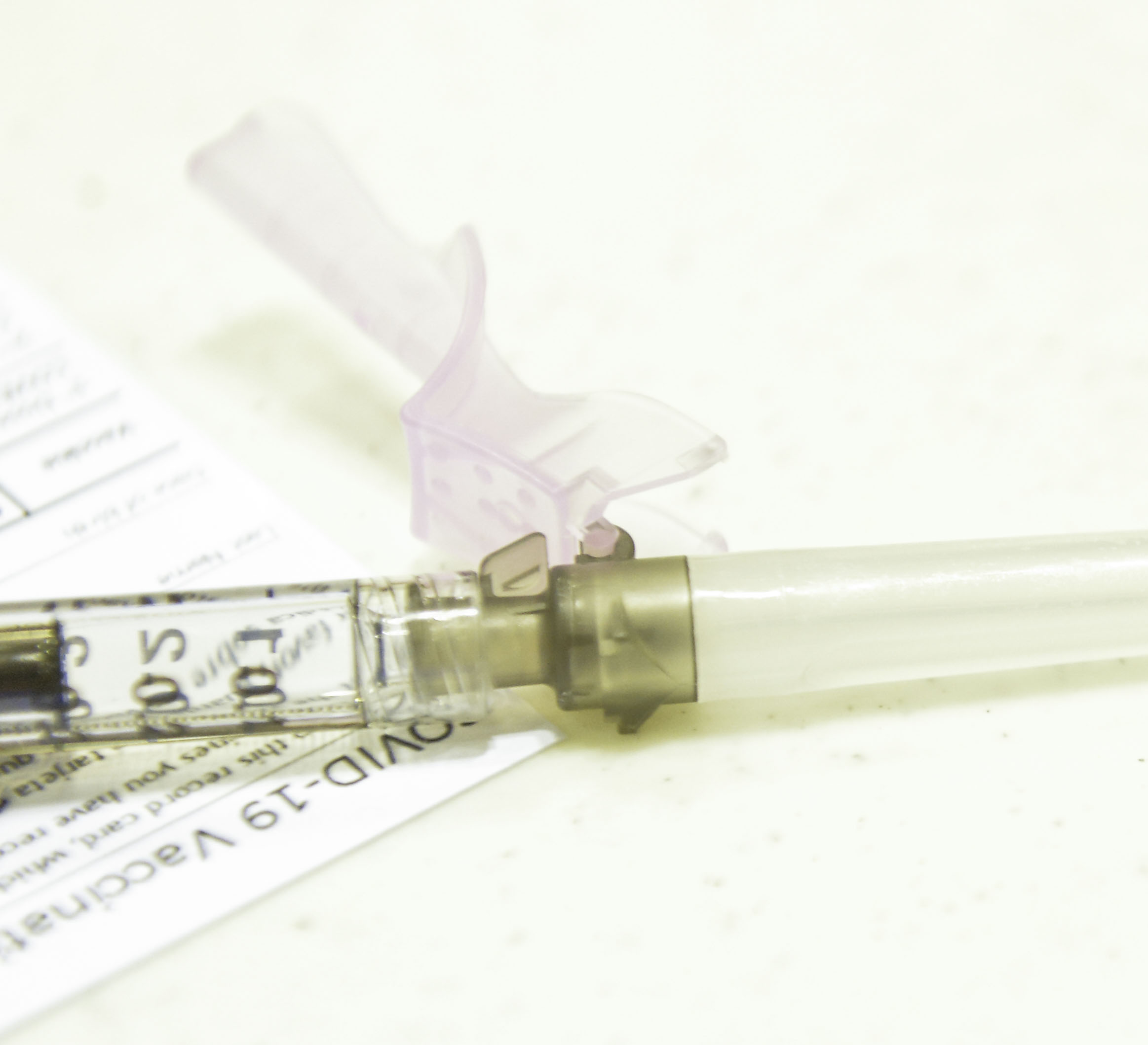This is the third in a four-part series of FAQs provided by WVU Medicine. Because of length, we are publishing the questions and answers in four parts.
Read Part 1 HERE and Part 2 HERE. Part 4 can be read HERE.
Newsroom@DominionPost.com
As access to the coronavirus vaccine begins to make its way through the state and country, many people have questions about its safety, possible side effects and effectiveness. To help assuage any fears about the vaccine, the WVU Medicine Pharmacy Team put together the following frequently asked questions.
Can I take the vaccine if I am immunocompromised?
Currently, there is no data on the safety and efficacy of COVID-19 vaccines in immunocompromised people, as they were excluded from clinical trials. However, people with immunocompromised conditions or those on immunosuppressant medications might be at increased risk for severe disease if they get COVID-19. Therefore, the CDC recommends these individuals may still receive the vaccine.
Immunocompromised individuals should discuss this with their health care provider.
It is important to note that the mRNA vaccines do not contain live virus. Immunocompromised persons, including individuals receiving immunosuppressant therapy, may have a diminished immune response to the COVID-19 vaccine.
Can I take the vaccine if I have an autoimmune condition?
The CDC states people with autoimmune conditions may still receive an mRNA COVID-19 vaccine.
Can I take the vaccine if I currently am infected with COVID-19?
No. You should wait until you have recovered and no longer in isolation. See the question below for more information.
Can I take the vaccine if I have already had COVID-19 and recovered? How long after can I take it?
People who have already had COVID-19 and recovered should still receive the vaccine. This is because it is unknown exactly how long immunity lasts after recovering from COVID-19. Early studies show that it is not long lasting, and cases of reinfection have been reported. The Pfizer trial did include a small percentage of individuals who previously had COVID-19 and recovered. The CDC states current evidence suggests reinfection is uncommon within 90 days after initial infection, so vaccination may be deferred until the end of this period; however, it is not known when another vaccination will be available.
Can I take the vaccine if I am in quarantine?
Those in quarantine should wait until their quarantine period has ended to avoid exposing health care personnel during their vaccination visit.
Can I take the vaccine if I have had convalescent plasma or a monoclonal antibody?
Currently, there is no data on the safety and efficacy of COVID-19 vaccines in people who received convalescent plasma or a monoclonal antibody. Vaccination should be deferred until 90 days after receiving convalescent plasma or monoclonal antibodies. This is to avoid interference of these treatments with vaccine-induced immune responses.
How long after the flu shot or other vaccines do I have to wait to take the COVID-19 vaccine?
Recent CDC guidance is to wait a minimum of 14 days after receiving the flu shot or any other vaccine to receive a COVID-19 vaccine. This is because we don’t know the safety or efficacy of taking the COVID-19 vaccine at the same time as other vaccines.
How effective will the vaccines be?
In Phase 3 trials, the Pfizer vaccine showed a 95% efficacy rate seven days after the second dose. The vaccine was 94% effective in adults older than 65. The Moderna vaccine showed a 94% efficacy rate 14 days after the second dose. These results were consistent across gender, age, race, and ethnicity.
How long will immunity last after I get vaccinated? Will I need to be vaccinated every year?
The length of immunity following vaccination is not yet known for COVID-19. Given the novel nature of this virus and vaccine development, long-term data is not yet available to guide future vaccine protocols.
How many people need to get the vaccine for “herd immunity?”
The number or percentage of population that need to be vaccinated in order to reach “herd immunity” is not yet known. This number is impacted by the pathogen itself (in this case a novel virus with still unknown aspects), how efficacious these new vaccines will be (preliminary data shows both Moderna and Pfizer to be greater than 90%), and how long immunity would last with these vaccines. This is an unknown at the moment, as we do not know how long immunity lasts either from vaccination or from natural infection.
For more on COVID-19, WVUMedicine.org/COVID.




